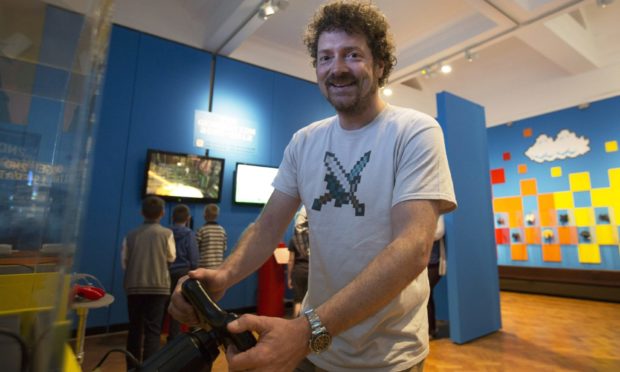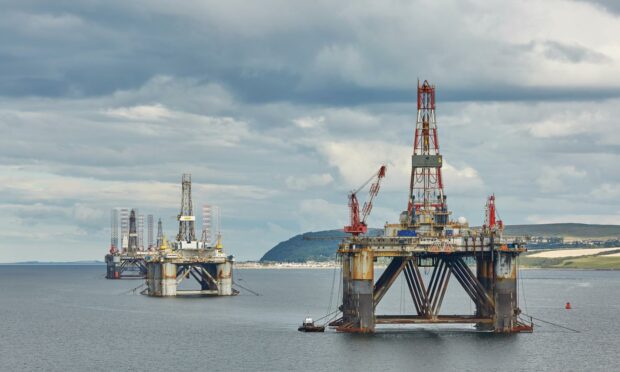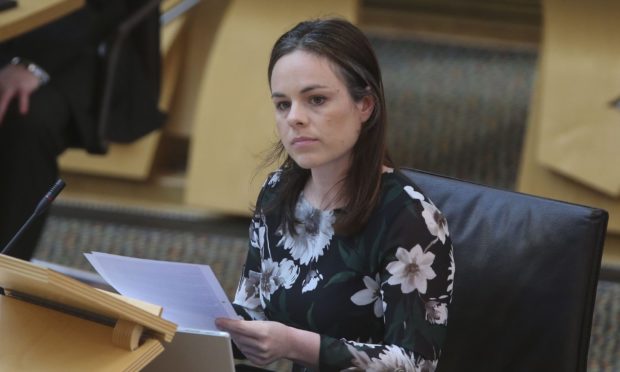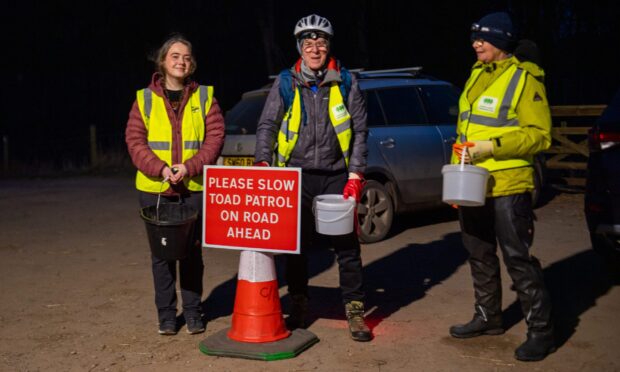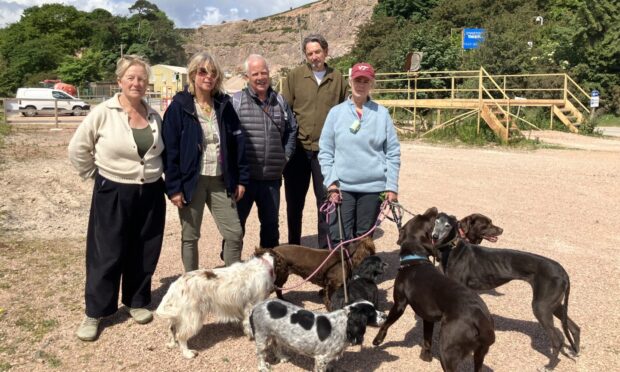A leading tech entrepreneur has warned Scotland cannot continue to base a successful economy on “stripping natural resources”.
Chris van der Kuyl, who co-founded games developer 4J Studios in Dundee, set out the challenges facing the country after being appointed to a panel advising the Scottish Government’s long-term economic plan.
He called for massive investment in education so Scotland can compete in new technical areas with “wit and talent”.
Mr van der Kuyl, whose company is known for developing the popular Minecraft game for consoles, is joining well-respected figures on the new panel, announced by Scottish finance secretary Kate Forbes this month.
He called for a transformation on fossil fuel reliance, such as oil and gas, in the year a major climate change conference is being hosted in Glasgow.
‘On the wane’
“For Scotland to have a great 21st century we need to recognise that the last two or three hundred years of Scotland’s economy being pretty healthy was all based on stripping natural resources, effectively,” he said in a BBC Radio Scotland interview.
“It’s never going to be that again. The only natural resource we’ll be using is our own wit, our own creative talent, our own intellectual talent, our own technical talent.”
He added: “We’ve had this incredible run of 40 or 50 years of the energy sector, specifically in the north-east of Scotland being a driving force. That now is definitely on the wane.
“How do we replace that? There is no question it sits in the intellectual capacity of every Scot. I’m not just talking about those who are university professors. I mean everyone that comes out of our education system.
“Our education system needs to transform into a 21st century powerhouse of resource.”
He said there is too much focus on public sector jobs, calling for a change of attitude to foster “risk” among entrepreneurs of the future. He namechecked Scottish success story businesses like Skyscanner and the games developers behind the blockbuster Grand Theft Auto series.
Mr van der Kuyl wants the government to nurture technical and creative talent, and “critical thinking”. The tech expert also suggested Scotland could use more borrowing powers to invest in plans to be the “best educated nation”.
He said: “We should be borrowing enormously, secured against the future of that Scottish population.”
In an early warning to the government, he also said the panel has to be taken seriously with real action from the government to set Scotland’s course.
“Every day I have is full to the brim – I don’t have time to come to a talking shop if there’s going to be no outcomes from it,” he said.
“Quite quickly people like me and some of the others involved will lose patience with the process if we don’t focus and talk about challenging decisions. The proof of the pudding will be in the eating.”
Ms Forbes announced the new group on July 9. The advisory panel also includes energy transition zone chief Maggie McGinlay and former Skyscanner boss Mark Logan.
The panel includes Nick MacPherson, a former Treasury chief civil servant who notably advised the UK Government against allowing a currency union in the event of Scottish independence.
Glasgow university principal Anton Muscatelli and Dundee city council leader John Alexander are also on the panel.
Announcing the plan at the time, Ms Forbes said: “As we emerge from the pandemic, we must work together to seize Scotland’s potential and build an economy for everyone by delivering greater, greener and fairer prosperity.
“The pandemic has led to fundamental shifts in sectors such as retail, and changed the way many businesses operate with more online trading and remote working. We need to build on these innovations and guide our economy to the industries and opportunities of the future.
“Our 10 year National Strategy for Economic Transformation will utilise the expertise of business, trade unions and economists to deliver a focussed plan of actions and projects to help transform our economy and help us reach net zero.”
‘The cusp of low carbon revolution’
Oil and Gas UK communications director Natalie Coupar said the energy sector has lots to offer in future.
She said: “Far from being on the wane, Scotland is on the cusp of a low carbon energy revolution and our people and communities are in the driving seat.
“The UK’s offshore oil and gas industry is changing and will continue to play a key role in the economy, supporting jobs and creating exciting energy careers of the future.
“From the Energy Transition Zone in Aberdeen to the decommissioning expertise being shaped in Dundee, it has never been more important to support local companies which have the energy to lead the world in the race to zero.”
